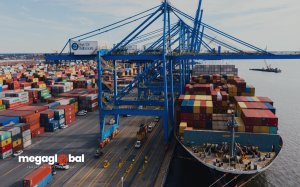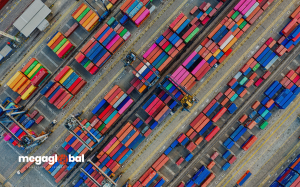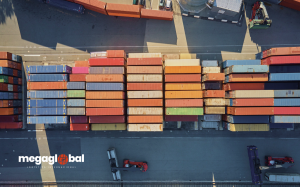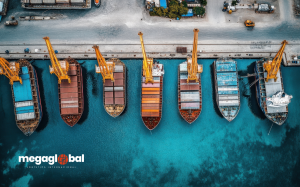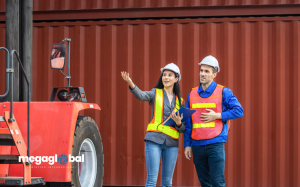A simple guide to avoid mistakes when classifying your products in global trade.
If you’re importing or exporting goods, you’ll eventually deal with customs codes. And no — they’re not just random numbers. Using the wrong one can lead to big trouble: fines, delays, or even seized cargo. This article breaks down what customs codes are, why they matter, and how to use them the right way so your international shipments stay smooth and problem-free.
What are customs codes?
Also called tariff codes or HS codes (Harmonized System), these are numeric identifiers used globally to classify products.
They determine which taxes, duties, or restrictions apply to your shipment.
Examples:
– 0901.11.00.00 = Unroasted coffee, not decaffeinated
– 6203.42.00.00 = Men’s trousers made of cotton
The most common mistake: picking the wrong code
Many businesses guess the code or use one that “seems close enough.” Big mistake. You risk:
– Customs inspections
– Fines
– Delays
– Legal issues for misclassification
Even a small error in one digit can create huge problems.
How to find the right code
1. Know your product in detail: Is it cotton? Synthetic? For adults or children?
2. Check official customs databases in your country or destination:
– In Latin America, use local government portals.
– For the EU: TARIC database.
3. Ask a licensed customs broker: They know what applies, and how.
Are customs codes the same everywhere?
The first 6 digits are harmonized across countries (thanks to the HS system). But the last digits vary by country, adding local details.
So yes — a code that works in one place may need adjustment elsewhere.
Quick tips to avoid customs trouble
– Avoid vague terms like “parts” or “tools.”
– Double-check codes with your supplier before shipping.
– Keep documentation to justify your product’s classification.
– Review codes if your product changes slightly — even packaging or components.
Are your products correctly classified? Take time to review your customs codes now to avoid fines and delays later. A small check can save a big headache.
#InternationalTrade #CustomsCodes #ImportExport #GlobalLogistics #TariffCodes #TradeCompliance #Megaglobal #Blog #InternationalLogistics #CargoTransport #MaritimeTransport #AirTransport #LandTransport #CustomsManagement


